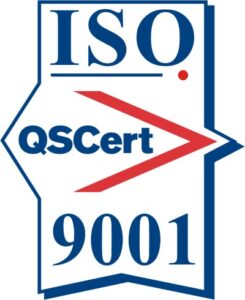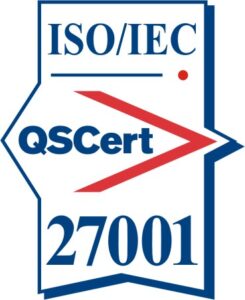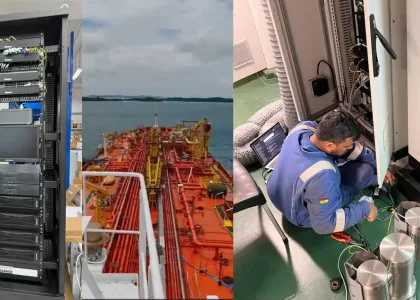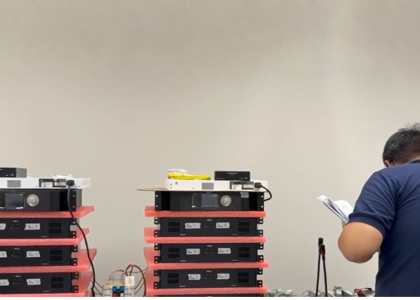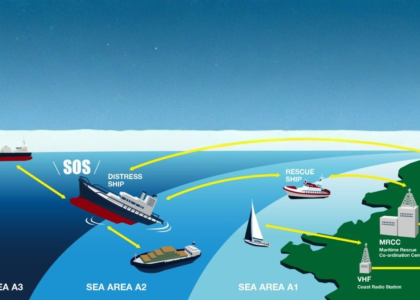Reducing the time to commission for oil and gas engineering projects is crucial for maintaining competitiveness, ensuring project profitability, and meeting global energy demands while minimizing environmental impacts. In the fast-paced world of oil and gas engineering, time is of the essence. The longer it takes to bring a project online, the more resources are consumed, and the greater the financial risks become.
New technology to reduce time to Commission
Digital Twin Technology
Digital twin technology has gained significant traction in recent years, and for good reason. By creating a virtual replica of the physical asset, engineers can simulate and optimize processes before actual construction begins. This reduces the likelihood of costly errors, rework, and delays during commissioning. Digital twins allow for real-time monitoring, predictive maintenance, and the ability to identify and address issues before they disrupt operations.
Modularization and Prefabrication
Modularization and prefabrication involve the construction of key project components in controlled environments, away from the construction site. These pre-built modules are then transported and assembled on-site. This approach significantly reduces construction time, as it minimizes weather-related delays and optimizes resource allocation. Furthermore, it enhances safety by reducing on-site activities.

Streamlined Permitting and Regulatory Compliance
Navigating the regulatory landscape is a complex and time-consuming aspect of oil and gas projects. Streamlining the permitting and compliance process through early engagement with regulatory bodies and thorough documentation can help avoid costly delays. Additionally, staying updated on evolving regulations and adopting sustainable practices can preemptively address potential compliance issues.
Comprehensive Risk Assessment
Identifying and mitigating risks early in the project lifecycle is crucial. Conducting thorough risk assessments can help project managers anticipate potential challenges and develop contingency plans. Being prepared for unexpected events can prevent costly delays during commissioning.
A well-trained workforce is essential for efficient commissioning. Our team of experienced engineers, technicians and drafters can ensure that you meet tight project deadlines with top quality work. The team is well-versed in industry regulations and approaches each project with a clear plan, reducing the time to commission.
Conclusion
In the oil and gas industry, time is of the essence, and reducing the time to commission for engineering projects is crucial for success. It not only leads to cost savings and enhanced operational efficiency but also improves safety, reduces environmental impact, and provides a competitive advantage. Moreover, it encourages technological innovation and helps companies stay in compliance with regulatory requirements. Embracing strategies to accelerate commissioning is not just a business imperative; it’s a key driver for the industry’s sustainability and adaptability in a rapidly changing world.



